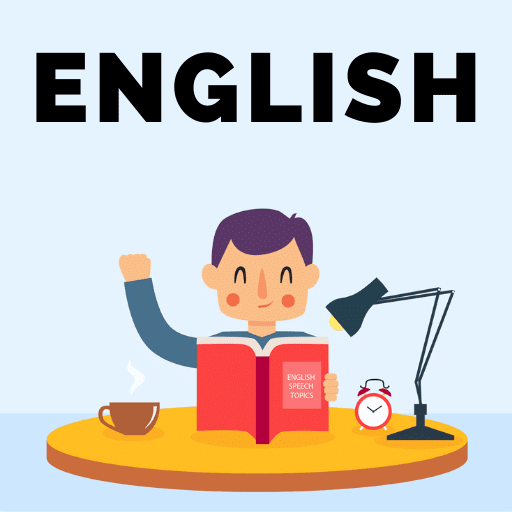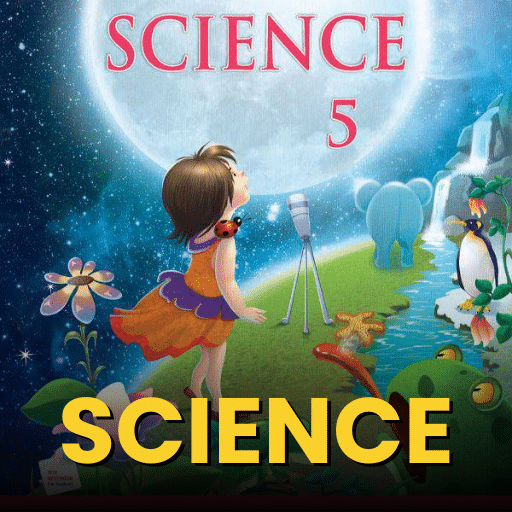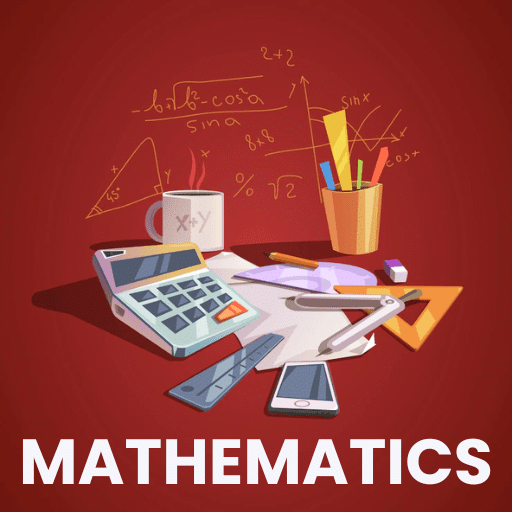CUET: Reading Comprehension Questions with Answers- 1 | English Language Preparation for CUET UG PDF Download
Passage- 1 The Burden of a Literary Legacy
When I was in my teens and still undecided about which language I should write in, he told me that the language one is born into, one’s mother tongue, can be the only possible medium of creative expression.
For most of his life, my father, Sripati Rai, had been a Hindi editor and critic. Off and on, he translated writings into English from Hindi. He was fond of saying that a failed writer becomes a critic. The weight of his literary expectation on me, eventually, to rest on me. He seemed happy that I was showing an inclination for writing. “She will go far,” he told my mother after reading the first story that I sent him from Melbourne.
My father’s pronouncement on the mother tongue stayed with me when I later started writing fiction in Hindi. Another thing that I barely acknowledged even to myself was whenever I thought of writing in English it seemed wrong for a granddaughter of Premchand shame whenever I thought of writing in English. It seemed wrong for a granddaughter of Premchand to be thinking so. Our family had a certain linguistic pride. I knew that Premchand was famous, but I had not at that time realised the extent of his popularity.
The fact that I was the granddaughter of Premchand, followed me everywhere. Everyone had a story to tell about their personal engagement with his fiction — the shopkeeper, the long time cook in my father’s Delhi house, a tea vendor, etc. The list was long, for there was practically no one who had not read something by him that had moved them. However, it was his very ubiquity, the reverence and love that he inspired in people, that made him something of a burden for me to comprehend in the early years of my life. It led also to the strange feeling that, without having read him and just by being related to him, I had somehow inhaled his writing. The reading happened much later.
Questions:
1. The author grew up with the expectation that she would take up ________.Fill in the blank with the correct option to complete the sentence.
(1) editorship of a magazine.
(2) translation of literary pieces.
(3) creative writing.
(4) the job of a critic.
 View Answer
View AnswerAnswer: (3) creative writing.
2. When her father said, “She will go far,” he meant that ________.Fill in the blank with the correct option to complete the sentence.
(1) she will travel widely.
(2) she will achieve great heights in life.
(3) she will go too far, one of these days.
(4) she will settle in a far-off place.
 View Answer
View AnswerAnswer: (2) she will achieve great heights in life.
3. Choose a statement which is NOT true with respect to the passage:
(1) The author felt pressurised to write in Hindi because of her father.
(2) She felt obligated to carry on the legacy of Premchand.
(3) Her family was chauvinistic about the English language.
(4) She was in awe of the extensive reach of her grandfather’s writings.
 View Answer
View AnswerAnswer: (3) Her family was chauvinistic about the English language.
4. Premchand became too large for her to understand mainly because of ________.
(A) his ability to connect with people from all walks of life.
(B) the fact that she feared him.
(C) the kind of love and reverence that he inspired in people.
(D) her constant anxiety of failing him.
Choose the correct answer from the options given below:
(1) (A) and (D) only.
(2) (A) and (C) only.
(3) (B) and (C) only.
(4) (C) and (D) only.
 View Answer
View AnswerAnswer: (2) (A) and (C) only.
5. ‘Inhaled his writing’ refers to:
Choose the correct option from the following:
(1) imbibing his style subconsciously.
(2) being compelled to write like him.
(3) being influenced by what people said about him.
(4) her father’s expectation from her.
 View Answer
View AnswerAnswer: (1) imbibing his style subconsciously.
6. Choose the correct meaning of the word “Ubiquity” as it appears in the passage:
(1) Occasional
(2) Restricted
(3) Omnipresence
(4) Unwanted
 View Answer
View AnswerAnswer: (3) Omnipresence
Passage-2: Nuclear Weapons
Text: There is a fairly universal sentiment that the use of nuclear weapon is clearly contrary to morality and that its production does not go far enough. These activities are not only opposed to morality but also to law and if the legal objection can be added to the moral, the argument against the use and the manufacture of these weapons will considerably be reinforced. Now the time is ripe to evaluate the responsibility of scientists who knowingly use their expertise for the construction of such weapons which has deleterious effect on mankind.
To this must be added the fact that more than 50 per cent of the skilled scientific manpower in the world is now engaged in the armaments industry. How appropriate it is that all this valuable skill should be devoted to the manufacture of weapons of death in a world of poverty is a question that must touch the scientific conscience.
A meeting of biologists on the Long-Term Worldwide Biological Consequences of Nuclear War added frightening dimensions to those forecasts. Its report suggested that the long biological effects resulting from climatic changes may at least be as serious as the immediate ones.
Subfreezing temperatures, low light levels and high dose of ionizing and ultraviolet radiation extending for many months, after a large-scale nuclear war, could destroy the biological support systems of civilization, at least in the Northern Hemisphere. Productivity in natural and agricultural ecosystems could be severely restricted for a year or more. Post-war survivors would face starvation as well as freezing conditions in the dark and be exposed to near-lethal dose of radiation. If, as now seems possible, the Southern Hemisphere were affected also, global disruption of the biosphere could ensue. In any event, there would be severe consequences, even in the areas not affected directly, because of the interdependence of the world economy. In either case the extinction of a large fraction of the earth’s animals, plants, and microorganism seems possible. The population size of Homo Sapiens conceivably could be reduced to pre-historic levels or below and extinction of the human species itself cannot be excluded.
 |
Download the notes
CUET: Reading Comprehension Questions with Answers- 1
|
Download as PDF |
Questions:
1.What does the word "deleterious" most likely mean in the context of the passage: "...who knowingly use their expertise for the construction of such weapons which has deleterious effect on mankind"?
(1) Beneficial and constructive
(2) Harmful and destructive
(3) Temporary and reversible
(4) Neutral and insignificant
 View Answer
View AnswerAnswer: (2) Harmful and destructive
2. Which of the following statements is true according to the passage?
(1) The majority of scientists are unaware of the consequences of nuclear weapons.
(2) The biological effects of a nuclear war would be limited to the Northern Hemisphere.
(3) More than half of the world’s skilled scientific manpower works in the armaments industry.
(4) The extinction of the human species is inevitable after a large-scale nuclear war.
 View Answer
View AnswerCorrect Answer: (3) More than half of the world’s skilled scientific manpower works in the armaments industry.
3. Match the words from the passage (Column A) with their correct meanings (Column B):
| Column A (Words) | Column B (Meanings) |
|---|---|
| A. Reinforced | 1. Harmful |
| B. Deleterious | 2. Strengthened |
| C. Ensue | 3. Follow as a consequence |
| D. Conceivably | 4. Imaginably |
Options:
(1) A-2, B-1, C-3, D-4
(2) A-3, B-1, C-2, D-4
(3) A-2, B-3, C-1, D-4
(4) A-4, B-1, C-3, D-2
 View Answer
View AnswerCorrect Answer: (1) A-2, B-1, C-3, D-4
4. Which of the following statements is NOT true with respect to the passage?
(1) The use of nuclear weapons is considered contrary to both morality and law.
(2) A large-scale nuclear war could lead to the extinction of a significant portion of Earth’s species.
(3) The immediate biological effects of a nuclear war are more severe than the long-term effects.
(4) The interdependence of the world economy could lead to severe consequences even in unaffected areas.
 View Answer
View AnswerCorrect Answer: (3) The immediate biological effects of a nuclear war are more severe than the long-term effects.
5. What is the primary concern raised by the passage regarding the involvement of scientists in the armaments industry?
(1) Scientists are unaware of the moral implications of their work.
(2) The scientific community lacks the skills to address global poverty.
(3) Valuable scientific talent is being diverted to create weapons of death.
(4) Scientists are solely responsible for the potential extinction of humanity.
 View Answer
View AnswerCorrect Answer: (3) Valuable scientific talent is being diverted to create weapons of death.
|
70 videos|84 docs|90 tests
|
FAQs on CUET: Reading Comprehension Questions with Answers- 1 - English Language Preparation for CUET UG
| 1. What is the CUET exam, and who is it for? |  |
| 2. What subjects are covered in the CUET exam? |  |
| 3. How can I prepare effectively for the CUET exam? |  |
| 4. What is the eligibility criteria for appearing in the CUET exam? |  |
| 5. When is the CUET exam conducted, and how can I apply? |  |































